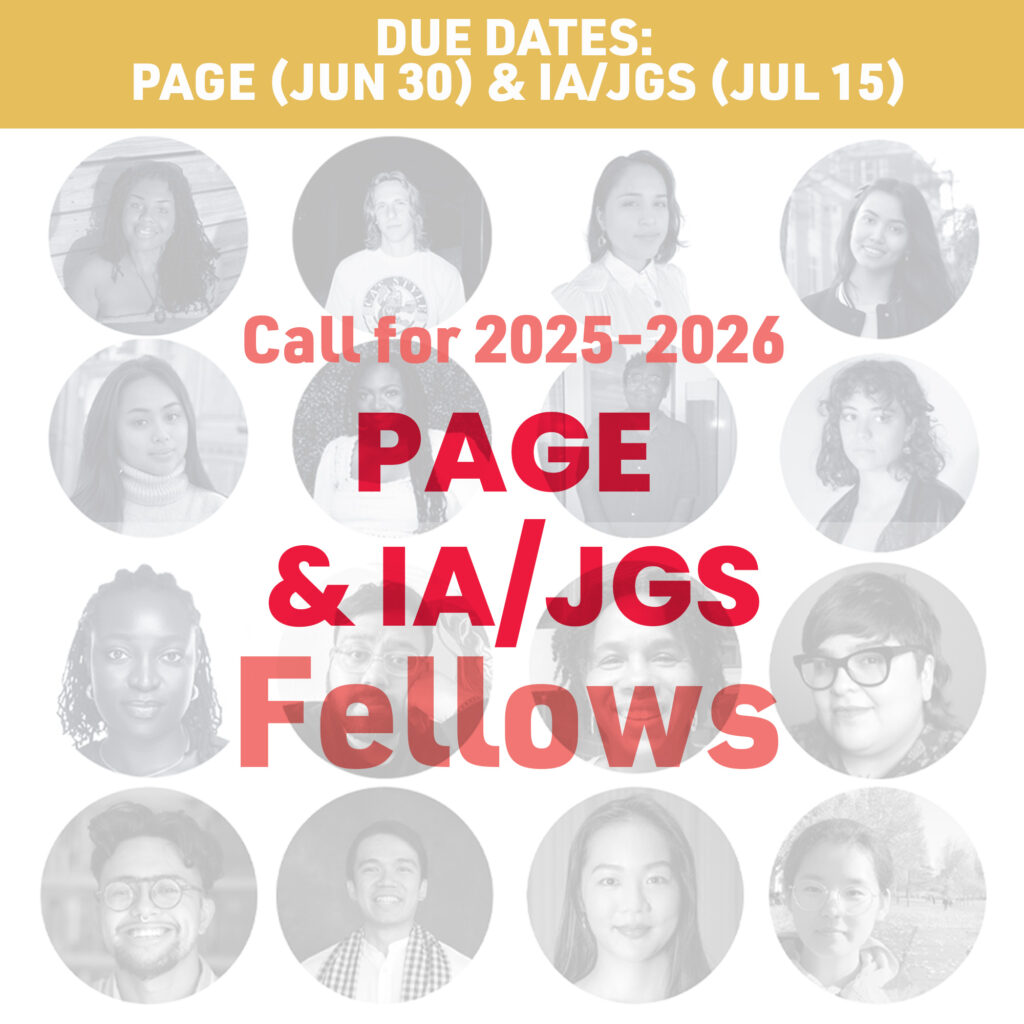We Believe
Imagining America is committed to bringing people together as our full selves in critical yet hopeful spaces to imagine better ways of living, learning and working together. To do this work, we believe:
It is important to struggle with the idea of ‘America’.
The idea of ‘America’ embodies both the prophetic vision and legacy of social movements that have fought for a fully equitable broad-based popular democracy, and a troubling legacy of violence, oppression, and genocide. To realize our vision, we believe that it is important to struggle with this contradiction and how it has and continues to manifest domestically, regionally, and globally.
Creative culture is an important site of liberation.
The bold power of art and design holds the key to bringing people together in imagining and embodying a better future. Creative practices force us to suspend belief, step outside of dead-end thinking, and imagine a different way of being. Collaborative creative culture-making brings people together in ways that foster empathy, joy, play, and connection.
Organized ideas matter in the project of personal, institutional, and societal transformation.
A sense of what is possible (even imaginable) is partially defined by ideas about how the world works. Public humanities, community engaged scholarship, and storytelling is central to the long-haul project of social change towards a more just, nurturing, and equitable world.
Nothing is completely new.
Our work builds upon the strengths, legacies, and innovations of our elders and ancestors while simultaneously lifting the voices of youth. The most powerful work is intergenerational and incorporates multiple opportunities to learn from each other.
Our work must be radically inclusive.
In a society marked by historical and ongoing forms of oppression, where invaluable indigenous and community-based knowledge is often marginalized, our work depends upon supporting more inclusive institutional and social structures, and incorporating multiple ways of knowing.
How we learn and work with one another matters.
We believe in the capacity of every human being to learn, grow, create knowledge, and lead change. Teaching and organizing that is driven by curiosity, care, compassion, openness, and belief in everyone’s intellectual, creative, and leadership capacity holds the key to building individual and collective agency/power.
Living up to our values requires institutional and societal change.
This includes, and goes beyond, supporting higher education institutions in achieving their public purpose and towards greater diversity, equity, and inclusion in a truly participatory democratic culture.


